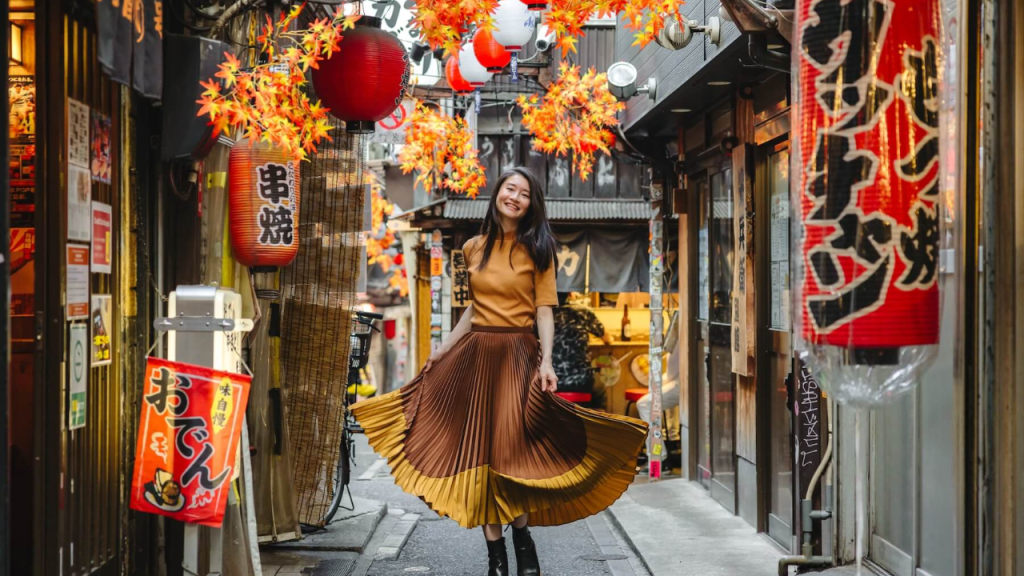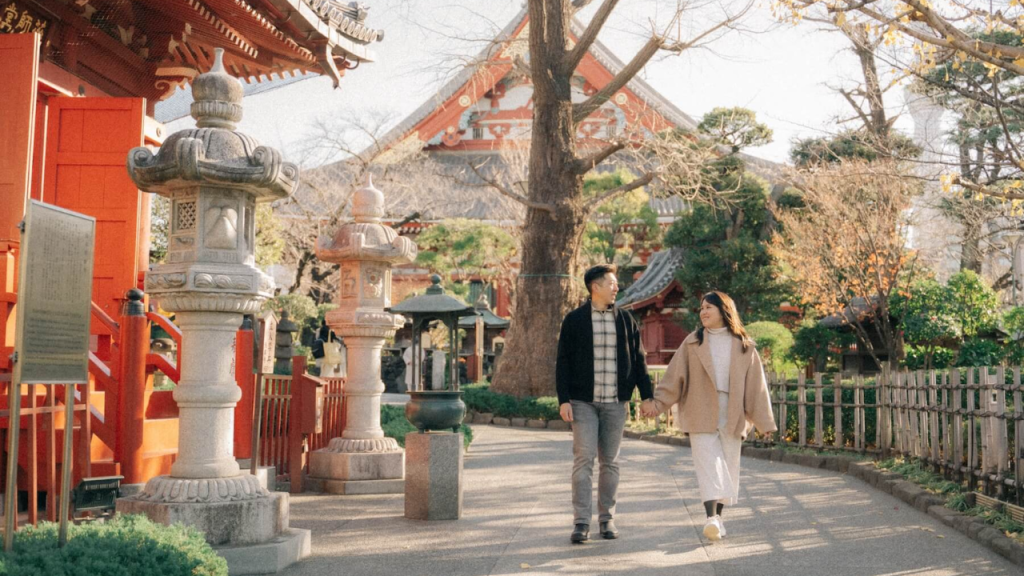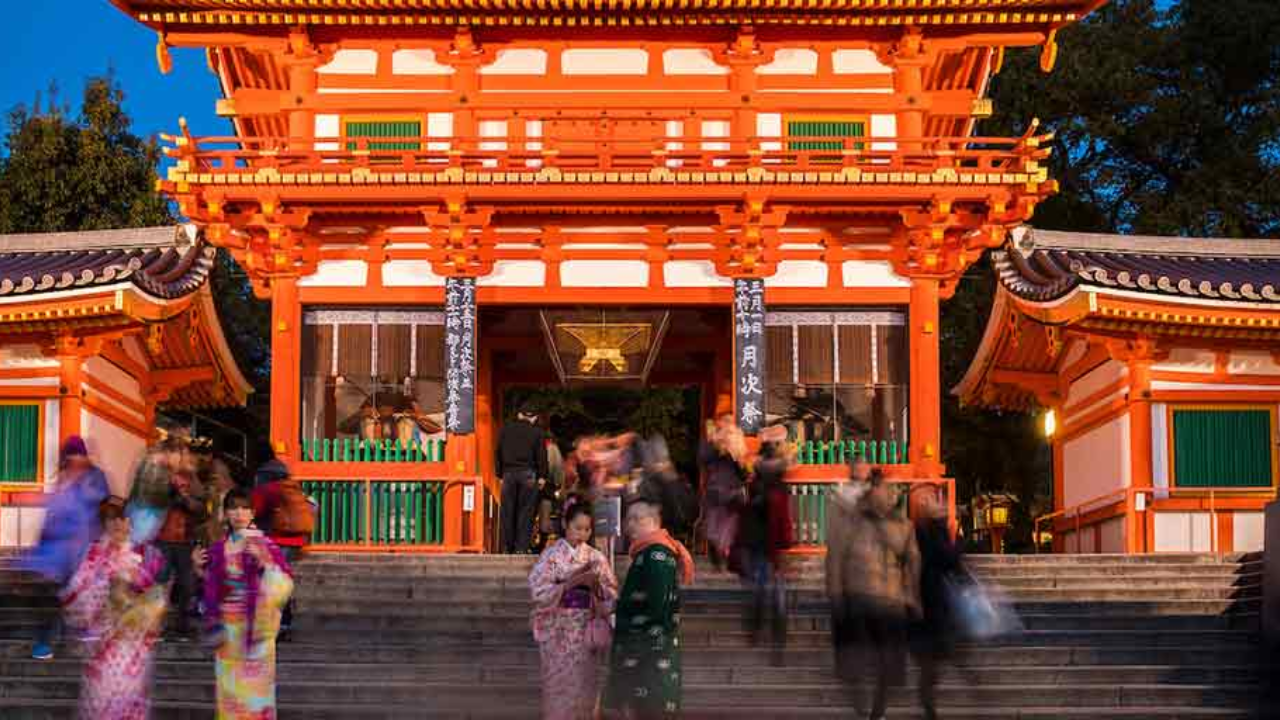Ready for Japan? 10 Things That Will Blow Your Mind Before You Go!
CNS News–Embarking on a journey to Japan, the land of the rising sun can be a transformative experience, especially for those venturing there for the first time. The allure of cherry blossoms in spring and the vibrant hues of autumn leaves make Japan a picturesque destination during these seasons.
However, the country’s rich culture, steeped in tradition and modernity, offers more than just visual splendor. This comprehensive guide, drawn from personal experiences and cultural insights, aims to prepare first-time travelers for the unique nuances of Japanese life, ensuring a smooth and respectful immersion into its society.
Best Time to Visit Japan
Determining the ideal time for your Japanese adventure is crucial. Spring (late March to early April) and fall (late November to early December) are widely recommended for their temperate climate and natural beauty.
The spectacle of cherry blossoms in spring and the autumn foliage in fall are not just visually stunning; they embody the transient beauty of nature, deeply cherished in Japanese culture. However, be prepared for larger crowds, as these are peak seasons for both international and local tourists.
Cultural Etiquette and Practices
Tipping Culture: Japan’s approach to service is unique, with tipping not only unnecessary but often considered rude. This stems from a cultural emphasis on respect and dignity, where services are rendered with excellence without the expectation of extra reward. This practice extends across various services, from dining to transportation, reflecting a societal norm where respect and appreciation for service are inherently understood, not monetarily expressed.

Payment Methods: Navigating financial transactions in Japan requires an understanding of local customs. The act of directly handing over cash or credit cards is uncommon. Instead, look for a small tray at the register to place your payment, a practice that underscores the Japanese value of respect and indirectness in exchanges. While credit cards are widely accepted in urban areas like Tokyo, cash remains king, especially in smaller towns, making it essential to have yen on hand for various transactions.
Courtesy and Respect: Japan’s social fabric is woven with threads of courtesy and respect. It’s common for salespeople to escort you to the door after a purchase or for restaurant staff to bid farewell with continuous bows. These gestures, while surprising to some, are everyday courtesies that reflect the deep-seated value of Omotenashi, or Japanese hospitality, emphasizing anticipatory care without expectation of reciprocation.
Public Consumption Etiquette: Eating or drinking while on the move is frowned upon in Japan. This practice is rooted in the belief that food should be enjoyed with mindfulness and respect, not as an afterthought during transit. This is why many cafes lack to-go options, and you’ll often find designated areas near vending machines for consuming purchased items.
Cleanliness and Waste Disposal: The scarcity of public trash bins might be one of the most noticeable aspects of Japan’s streetscapes, attributed to security measures and the cultural aversion to eating and drinking while walking. The expectation is that individuals will take their trash home, reflecting the broader societal value placed on cleanliness and personal responsibility.
Shoe Etiquette: The Japanese practice of removing shoes before entering someone’s home extends to many public spaces like restaurants, onsens (hot springs), and temples. This tradition is deeply ingrained in the cultural psyche, symbolizing the separation of the outside world’s dirt and impurities from the cleanliness of the indoor environment. Travelers should consider slip-on shoes for convenience and observe local customs regarding footwear in specific settings.
Safety in Japan: Japan’s reputation for safety is well-earned, with low crime rates and a societal structure that supports independence from a young age. It’s not uncommon to see young children navigating public transportation alone, a testament to the country’s secure and community-oriented environment.
Queuing Etiquette: The Japanese respect for order and organization is epitomized in their queuing culture. Whether waiting for a train or ascending an escalator, the orderly lines and adherence to unspoken rules reflect a collective commitment to harmony and efficiency.

Read More News: Travel Advisory: US Alerts Americans to Reconsider Visiting Jamaica Amid an Increase in Crimes!
Revealed: 2024’s Best Cities in the World, According to A New Survey!
Elevate Your Journey: The Ultimate Guide for First-Time Flyers!
Technological Comforts: Japan’s technological advancements extend to everyday comforts, including heated toilet seats with various functionalities, often found in public restrooms. This small luxury is a reflection of Japan’s forward-thinking approach to technology and comfort, providing a warm welcome in the most unexpected places.
Conclusion
Traveling to Japan offers a unique opportunity to immerse oneself in a culture that balances deep-rooted traditions with cutting-edge modernity. Understanding and respecting local customs and practices not only enriches the travel experience but also fosters a deeper connection with the country and its people. With these insights, first-time travelers to Japan can navigate their journey with confidence, embracing the beauty, hospitality, and uniqueness of this remarkable country.

